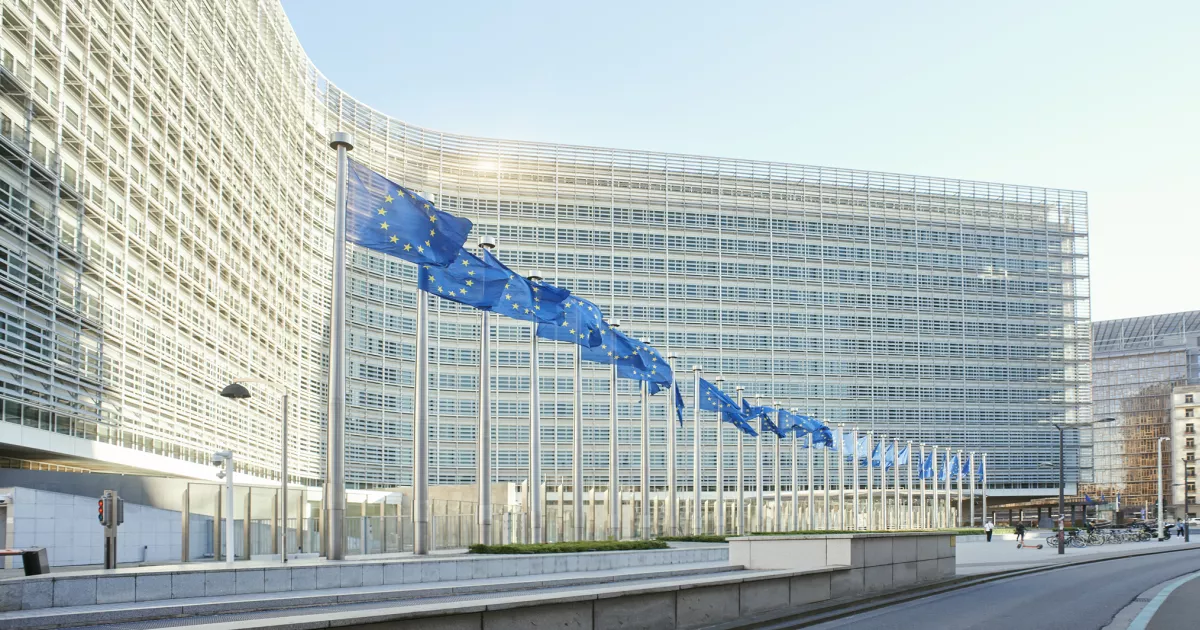The European Court of Justice (ECJ) confirmed that Google abused its dominant position by favouring its own comparison shopping service through a more prominent display in its search results while simultaneously demoting rival comparison shopping services’ results.
But not all favouritism is doomed. According to the ECJ, the specific characteristics of the conduct, the market and the effects of the conduct on the market will be decisive in establishing whether self-preferencing deviates from competition on the merits and is capable of hindering as efficient rivals. That assessment requires a case-by-case analysis. The Commission’s draft guidelines on exclusionary abuse could lend a helping hand in this respect (see our September 2024 newsletter).
Background
In June 2017, the European Commission imposed a fine of EUR 2.42 billion on Google for abusing its market dominance as a search engine by promoting its own comparison shopping service in its search results. In November 2021, the General Court almost entirely dismissed Google’s action against the Commission’s Google Shopping decision. The General Court confirmed that self-preferencing may constitute an abuse of dominance (see our December 2021 newsletter).
The ECJ ruling
In September 2024, the ECJ upheld the General Court’s ruling and confirmed that self-preferencing differs from an outright ‘refusal to supply’.
Under the ‘refusal to supply’ test, a dominant company can be forced to grant rivals access to its infrastructure. Given that this forced access encroaches deeply on a company’s freedom of contract and right to property, the following strict conditions must be fulfilled for refusal to be considered abusive:
- the refusal to grant access will likely eliminate all competition on the part of the company requesting access;
- there is no objective justification for the refusal; and
- the infrastructure is indispensable.
Google argued that its case was precisely that: the Commission had taken issue with Google’s failure to give rivals access to its infrastructure, consisting of prominent, dedicated boxes on its results pages. The strict conditions, particularly the indispensability requirement, should therefore have been applied by the European Commission.
The ECJ reiterated settled EU case law to distinguish between ‘pure’ access denial practices and ‘unfair’ access practices. Obliging a company to give access to infrastructure which it previously kept for itself is a far-reaching measure which can only be imposed in extraordinary circumstances. However, if a company already provides access to its infrastructure but does so on under ‘unfair’ terms, the ECJ ruled that it will be less detrimental to that company’s freedom of contract and right to property if it is forced to provide access on fair terms. Therefore, in situations where there Commission alleges that there is access on unfair terms, it does not need to demonstrate ‘indispensability’ of the infrastructure for the conduct to qualify as a potential abuse (see our April 2021 newsletter).
The ECJ accordingly found that the Commission had been right not to apply the indispensability condition to Google’s self-preferencing practice: rivals had been given access to Google’s general search service and general results pages, but were subject to less favourable conditions.
This does not mean that all self-preferencing by dominant companies is prohibited. According to the ECJ, self-preferencing practices qualify as an abuse of a dominant position only if the favouring falls outside the scope of competition on the merits and is capable of producing exclusionary effects. All the relevant factual circumstances must be considered to determine whether this is the case. These include not only those that concern the conduct itself, but also those that concern the markets in question and the effect of the conduct on those market(s).
The ECJ considered that the General Court had rightfully upheld the Commission’s analysis of these factual circumstances in Google’s case, which related to (i) the importance of Google search traffic for comparison shopping services, (ii) user search behaviour (users focus on the first 3-5 search results), and (iii) the fact that Google search traffic could not be effectively replaced by other sources (see our December 2021 newsletter on the GC’s ruling).
Conclusion
This ruling confirms that a dominant company’s more favourable treatment of its own products does not necessarily depart from competition on the merits. It all depends on the circumstances. Dominant companies therefore need to carefully self-assess the circumstances at hand before playing favourites.
Apart from taking a close look at the relevant circumstances in the upcoming decision in Google Adtech, the Commission’s draft Guidelines on exclusionary abuse could lend a helping hand (see our September 2024 newsletter): they contain a list of elements indicating when preferential treatment could depart from competition on the merits, as well as pointers on how to determine whether self-preferencing produces anti-competitive effects.

